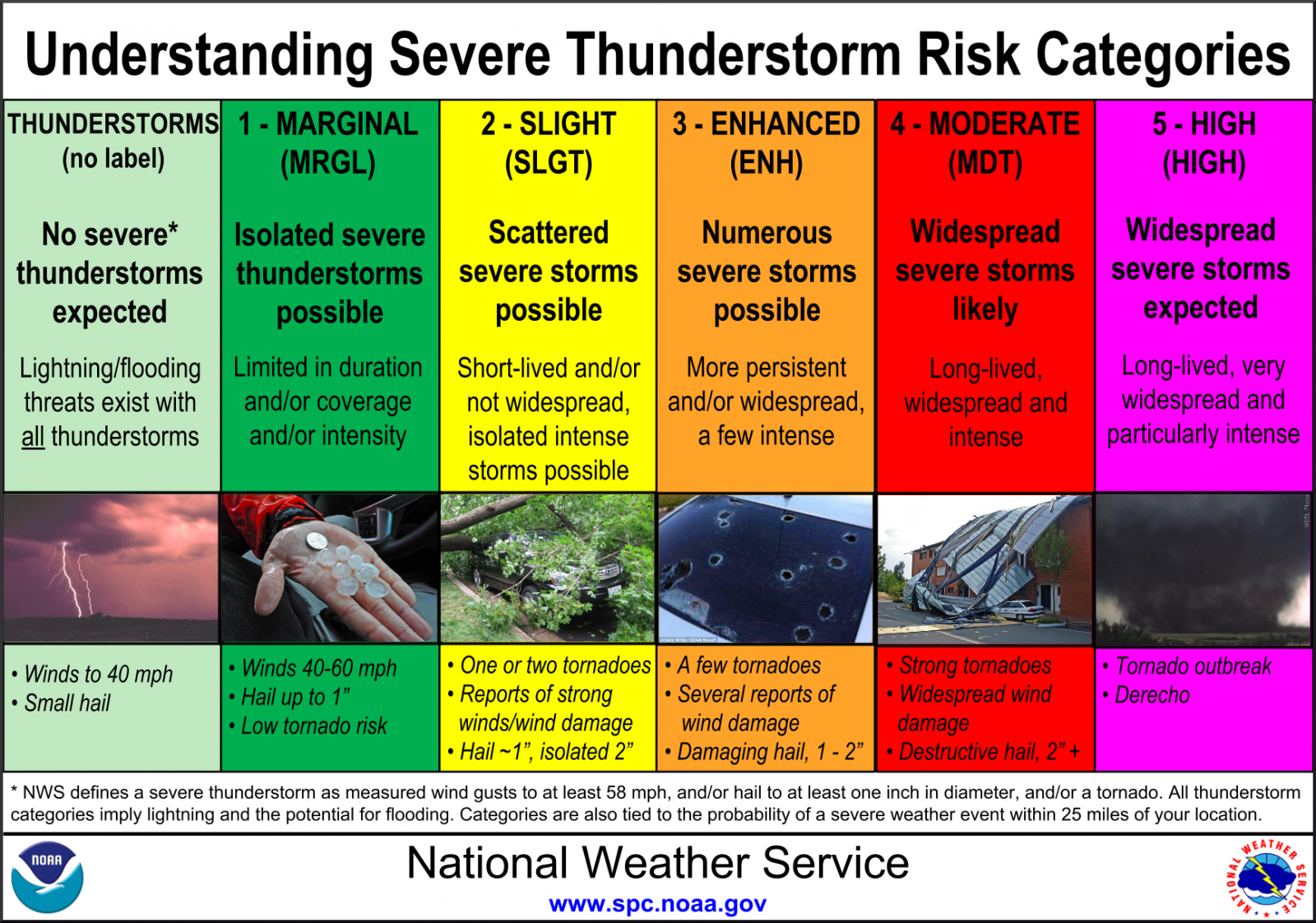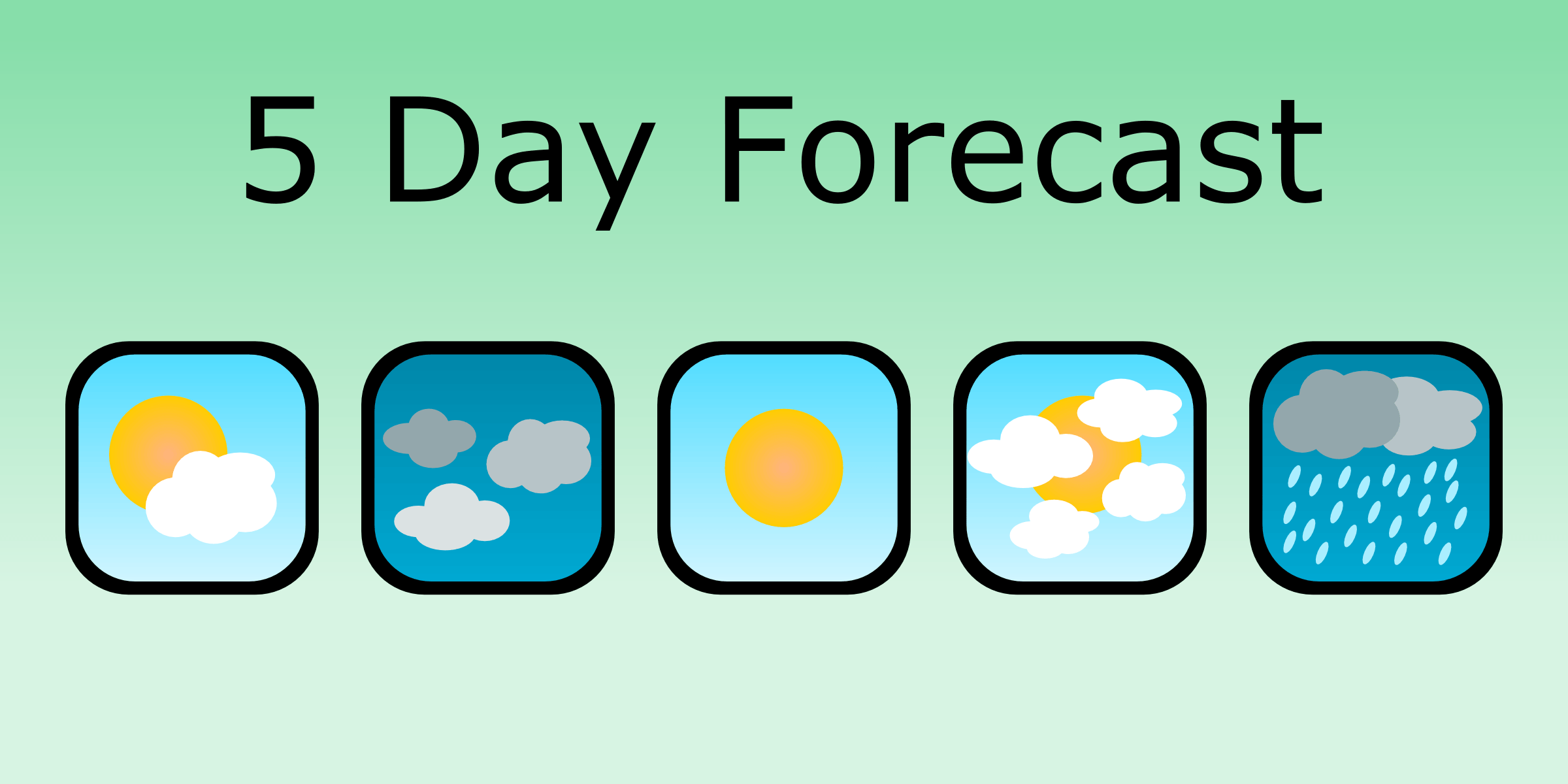Precise local weather forecasts and weather conditions are becoming increasingly important for people around the world. With the advent of the internet and mobile devices, it is now easier than ever to get up-to-date information on the weather in your area.
Editor's Notes: Precise Local Weather Forecasts And Weather Conditions have published today date. This topic important to read because provides information about the different types of weather forecasts that are available, and gives tips on how to get the most accurate forecast for your area.
Our team has done some analysis, digging information, made Precise Local Weather Forecasts And Weather Conditions we put together this Precise Local Weather Forecasts And Weather Conditions guide to help target audience make the right decision.
Key differences or Key takeways
| Type of forecast | How it works | Accuracy |
|---|---|---|
| Short-term forecast | Uses current weather conditions and recent trends to predict the weather for the next few hours or days. | Generally accurate, but can be less reliable for longer periods of time. |
| Medium-range forecast | Uses computer models to predict the weather for the next few days to weeks. | Less accurate than short-term forecasts, but can provide a general idea of what to expect. |
| Long-range forecast | Uses historical data and climate patterns to predict the weather for the next few months or years. | Least accurate, but can provide a general idea of what to expect. |
Transition to main article topics
- The importance of precise local weather forecasts
- The different types of weather forecasts available
- How to get the most accurate forecast for your area
- The benefits of using precise local weather forecasts

Severe Weather Hazards - Source www.weather.gov
FAQ
This FAQ section provides comprehensive answers to frequently asked questions about precise local weather forecasts and weather conditions.
Question 1: How accurate are local weather forecasts?
The accuracy of local weather forecasts varies depending on several factors, including location, time of year, and weather patterns. Statistical models and ensembles can enhance the accuracy of forecasts.
Question 2: How far in advance are weather forecasts reliable?
The optimal timeframe for reliable weather forecasts varies based on specific regions and weather systems. Nonetheless, forecasts generally provide insightful information within the first few days.
Question 3: What are the main causes of weather variability?
Weather variability primarily stems from temperature differences, humidity levels, atmospheric pressure, and prevailing wind patterns.
Question 4: How can I prepare for extreme weather conditions?
To prepare effectively, individuals should stay updated on weather forecasts, plan evacuation routes, secure loose objects, and stockpile emergency supplies.
Question 5: What are the long-term implications of climate change for local weather patterns?
Climate change can influence the frequency and intensity of extreme weather events, alter precipitation patterns, and affect local ecosystems.
Question 6: How can I access the most up-to-date local weather information?
Numerous platforms deliver precise local weather forecasts, including meteorological websites, mobile applications, and radio and television broadcasts.
These questions provide a foundation for understanding local weather forecasts and their significance. By staying informed, individuals can plan effectively and stay safe during adverse weather conditions.
To learn more about weather forecasting and climate science, consult our additional articles.
Tips
Precise weather forecasts are important for many reasons. They can help us plan our day-to-day activities, make decisions about what to wear, and be aware of potential weather hazards. There are a number of things you can do to improve the accuracy of your local weather forecast.
Tip 1: Use a reputable source.
Not all weather forecasts are created equal. Some sources, such as Precise Local Weather Forecasts And Weather Conditions, use more accurate data and forecasting models than others. When choosing a weather source, it is important to do your research and find one that you trust.
Tip 2: Look at the forecast for your specific location.
The weather can vary significantly from one location to another, even within a small area. This is why it is important to look at the forecast for your specific location, rather than just the general forecast for your region. Many weather sources allow you to enter your zip code or city name to get a more accurate forecast.
Tip 3: Pay attention to the details.
In addition to the general forecast, many weather sources also provide detailed information about the expected weather conditions. This information can include the temperature, humidity, wind speed, and precipitation chances. By paying attention to these details, you can get a better idea of what the weather will be like and make more informed decisions.
Tip 4: Check the forecast regularly.
The weather can change quickly, so it is important to check the forecast regularly. This will help you stay up-to-date on the latest conditions and make any necessary adjustments to your plans.
Tip 5: Be aware of potential weather hazards.
In some cases, the weather can pose a hazard to your health or safety. This is why it is important to be aware of potential weather hazards and take precautions to stay safe. For example, if a severe thunderstorm is forecast, you should stay indoors and avoid driving.
Summary of key takeaways or benefits: By following these tips, you can improve the accuracy of your local weather forecast and make more informed decisions about your day-to-day activities.
Transition to the article's conclusion: Accurate weather forecasts are essential for planning our lives and staying safe. By using a reputable source, looking at the forecast for your specific location, paying attention to the details, checking the forecast regularly, and being aware of potential weather hazards, you can get the most out of your weather forecast.
Precise Local Weather Forecasts And Weather Conditions
In today's dynamic world, precise local weather forecasts and current weather conditions have become indispensable for planning and preparedness. These aspects empower individuals and communities to make informed decisions and proactively respond to the ever-changing atmospheric conditions.

Mountain Weather Expert Forecasts 350-400" of Snow for Tahoe This - Source snowbrains.com
- Accuracy: Precise forecasts rely on advanced numerical weather prediction models and real-time data.
- Localization: Forecasts tailored to specific locations capture microclimates and local variations.
- Granularity: Detailed predictions provide hourly or even minute-by-minute insights into weather patterns.
- Timeliness: Up-to-date weather conditions and forecasts ensure the most current information is available.
- Accessibility: Forecasts are widely available through various platforms, including mobile apps and websites.
- Customization: Users can personalize forecasts based on their interests, such as precipitation, temperature, or air quality.
These key aspects collectively enhance our understanding and preparedness for the weather. By leveraging precise local weather forecasts and current weather conditions, we can plan outdoor activities, protect ourselves from hazardous events, optimize energy usage, and make informed decisions in various aspects of our lives.

How to Display Five Day Forecasts in our Weather App - HangZone - Source hangzone.com
Precise Local Weather Forecasts And Weather Conditions
Accurate weather forecasts are essential for planning outdoor activities, travel, and many other aspects of our lives. Local weather conditions can vary greatly from one area to another, even within a small geographic area. That's why precise local weather forecasts are so important.

Climatology Maps - Source www.weather.gov
There are a number of factors that can affect the accuracy of a weather forecast, including the availability of data, the quality of the models used to make the forecast, and the skill of the forecaster. In recent years, there have been significant advances in all of these areas, leading to more accurate and reliable weather forecasts.
One of the most important factors in producing accurate weather forecasts is the availability of data. Weather data is collected from a variety of sources, including weather stations, satellites, and radar. The more data that is available, the better the forecasters can understand the current weather conditions and make predictions about how they will change in the future.
Another important factor is the quality of the models used to make the forecast. Weather models are computer programs that use data from weather stations and other sources to simulate the atmosphere and predict how it will change in the future. The more sophisticated the model, the more accurate the forecast will be.
Finally, the skill of the forecaster also plays a role in the accuracy of the forecast. Forecasters use their knowledge and experience to interpret the data from weather stations and models, and to make predictions about how the weather will change in the future. The best forecasters are able to combine their scientific knowledge with their intuition to make accurate forecasts even in challenging conditions.
Precise local weather forecasts are essential for planning outdoor activities, travel, and many other aspects of our lives. By understanding the factors that affect the accuracy of weather forecasts, we can make better use of this information to make informed decisions about our activities.
Key insights:
- Accurate weather forecasts are essential for planning outdoor activities, travel, and many other aspects of our lives.
- Local weather conditions can vary greatly from one area to another, even within a small geographic area.
- There are a number of factors that can affect the accuracy of a weather forecast, including the availability of data, the quality of the models used to make the forecast, and the skill of the forecaster.
- In recent years, there have been significant advances in all of these areas, leading to more accurate and reliable weather forecasts.
- By understanding the factors that affect the accuracy of weather forecasts, we can make better use of this information to make informed decisions about our activities.